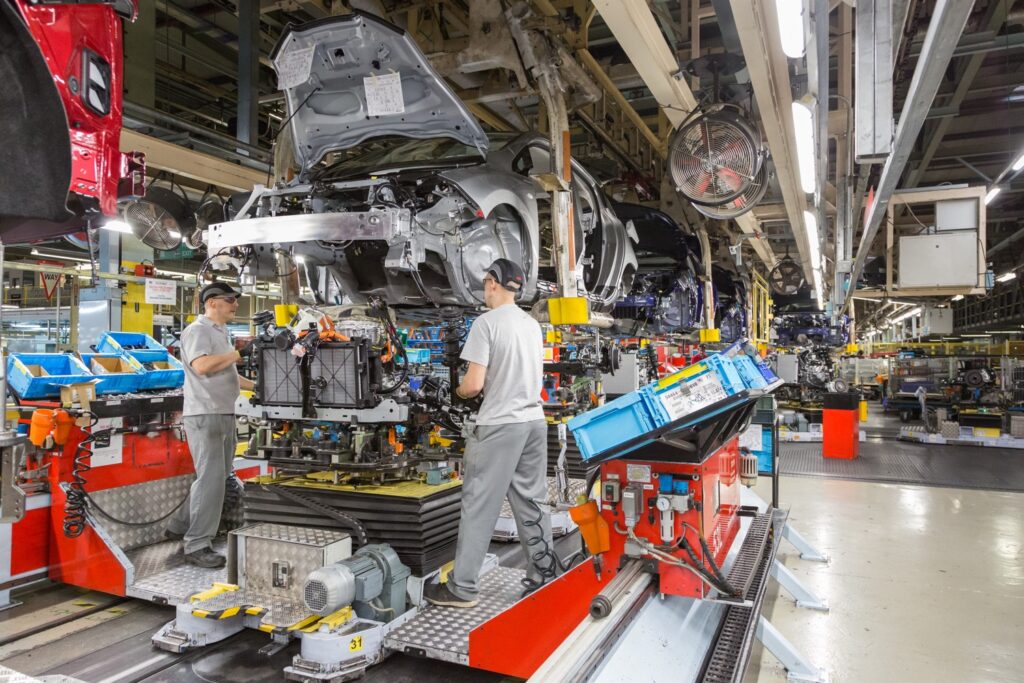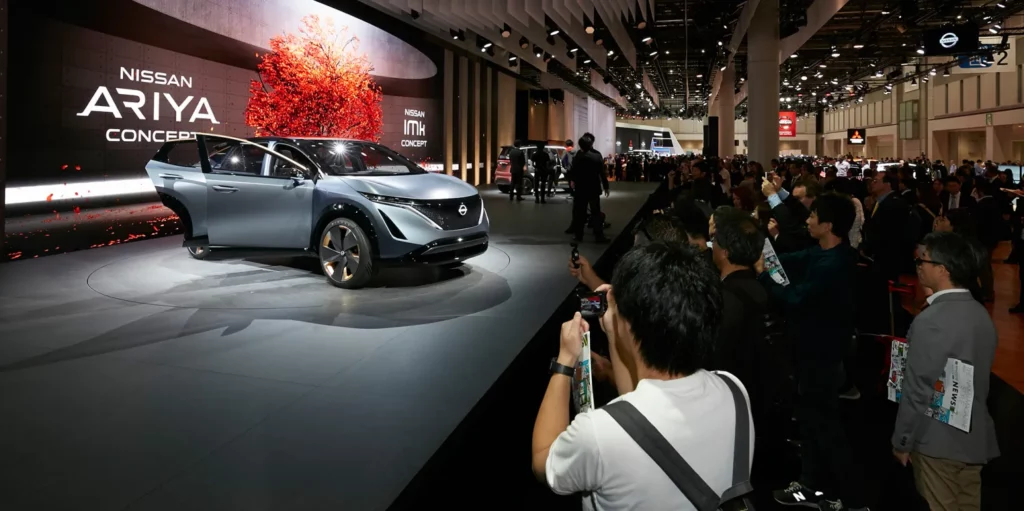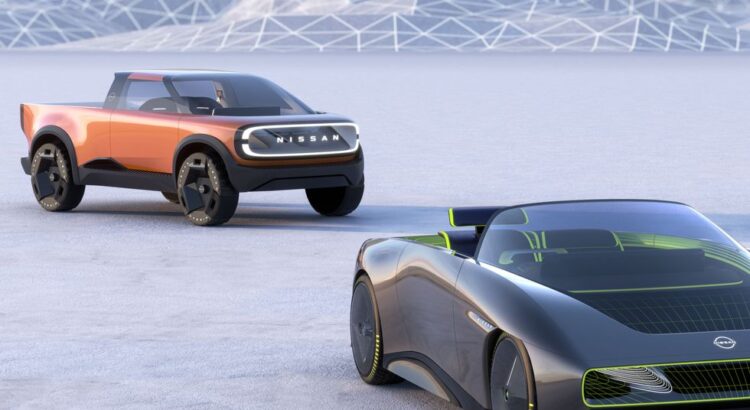In the race to dominate the electric vehicle (EV) market, Nissan’s strategic move has encountered a significant hurdle. The commencement of EV production at Nissan’s Canton, Mississippi, facility, a cornerstone of their electrification plan, is facing unforeseen delays. This development has sparked intense discussion among automotive experts and enthusiasts alike, raising questions about the future of Nissan’s EV ambitions.

Nissan, a pioneer in electric mobility with its widely acclaimed Leaf model, has been charting a bold course in the EV sector. The decision to expand production capabilities to the Canton plant was a critical element of Nissan’s global strategy to strengthen its foothold in the electric vehicle market. This facility, envisioned as a hub for the next generation of Nissan EVs, was poised to significantly bolster the company’s production capacity and innovation capabilities. The delay, therefore, represents not just a logistical setback but also a potential shift in Nissan’s trajectory in the highly competitive EV landscape.
The postponement of production start at Canton is attributed to a blend of complex factors. Key among them are global supply chain disruptions, an issue plaguing many industries in the wake of recent global events. These disruptions have led to shortages of essential components, directly impacting production timelines. Additionally, Nissan has faced unique technical challenges in adapting its manufacturing processes for EVs, a transition that requires significant technological and infrastructural overhaul. This is indicative of the broader challenges faced by traditional automakers as they pivot to electric mobility, balancing the demands of new technology with existing manufacturing paradigms.

The delay in Nissan’s EV production has ramifications that extend beyond the company’s own strategy. For the EV market, especially among automotive enthusiasts eagerly anticipating new models, this could mean a recalibration of expectations regarding vehicle availability and technological advancements. This is particularly significant in the context of Nissan’s competitors, like Tesla, which has maintained a high production output, consistently releasing new models and updates. Tesla’s success in this area not only highlights the market’s potential but also underscores the challenges that traditional automakers face in catching up. For Nissan, meeting these challenges is crucial not only for maintaining market relevance but also for influencing the direction of the EV industry as a whole.
Nissan’s delay in starting EV production at its Canton facility is more than a temporary setback; it’s a reflection of the broader transition challenges facing the automotive industry. As Nissan navigates these hurdles, its strategies and outcomes will offer valuable insights into the evolving landscape of electric mobility. The success or failure of such endeavors will not only shape Nissan’s future but also influence the broader trajectory of the global EV market.
